 (A Note From Jesse Jost)
(A Note From Jesse Jost)
I recently read Pagan Christianity?: Exploring the Roots of Our Church Practices. This book is over 10 years old but has had a large impact in areas of the church, especially with those disgruntled with their church or those seeking more from their church.
The church as a whole is in need of revival (as it always is). Tradition often produces ideas and practices that become accepted and promoted without people stopping to consider if these ideas are supported in scripture. In the 1500s, the visible, institutional church had become so corrupted and the spiritual life was squelched by tradition and human ambition. Martin Luther and many other reformers took a bold stand for truth and left the institutional church, and, in many cases, gave their lives to pursue the rediscovery of church as they believed it was revealed in Scripture.
Five hundred years later the church has taken thousands of different forms, and any given Sunday you will encounter many different expressions of what Christians believe worship and fellowship should be. Many feel that the Protestant church has again strayed from the biblical ideal and has decayed into a spiritually dead institution, with church members merely going through lifeless rituals. Again, thousands are leaving the “institutional church” in search of something “organic” and uncluttered by tradition.
People are forming house churches, or even exploring more radical ideas of how Christ’s body should assemble. I was a part of a house church for eighteen years; the ideas Viola expresses in this book shaped many of our practices. I loved being a part of that group and was an avid apologist for doing church face-to-face in a circle, without paid clergy, bulletins, Sunday school, budgets, or elections.
In the last couple of years, we felt called to serve in a more traditional small town Evangelical Free church that has a paid pastor, beautiful building, Sunday school, budgets and annual meetings. We love our current church as well. Being actively involved in both styles of church has given us a front row seat to the strengths and weakness of both approaches.
I’m still on a journey and forming my own ideas about what Church should look like. I plan to write more, but for now I can say I appreciate many of the authors’ concerns about lack of spiritual life in many modern churches. There are serious problems in the church such as pastor burnout and passivity among members. But I’ve also seen, as many who have left the institutional church have found out, that getting rid of pastor, building, budgets, and bulletins, does not change the sin nature or the people problem.
A change of methods does not change the heart. There is no substitute for spiritual regeneration, humility, kindness, forgiveness, and abiding in the Vine and letting His Word change us. If our Christianity is real from Monday to Saturday, then Sunday can be enriching and Christ-exalting in many different forms, including one that has a paid pastor and building.
My long-time friend Jacob Denhollander (who is married to Rachael Denhollander, one of Times magazine’s 100 most influential people), heard I read this book recently and sent me the review he wrote a couple years ago. I enjoyed it so much and found it so insightful, not just for those who have read the book, but for the church conversation in general. He gave me permission to share it here. Fair warning: Jacob’s a PhD student, so you will find the writing far more intelligent than what you normally read on this blog. Enjoy!
—————————————
Pagan Christianity
A Book Review
by Jacob Jonathan Denhollander
April 10, 2015
Barna, George, and Viola, Frank, Pagan Christianity?: Exploring the Roots of Our Church Practices. Barna Books, 2008. 295 pp.
Introduction
One of the surprise Christian bestsellers in recent years is a book entitled, Pagan Christianity?: Exploring the Roots of Our Church Practices. In this revised and expanded version, noted Christian pollster George Barna joins original author Frank Viola as co-author. The authors set out to examine how the practices of modern institutional Christianity developed and compare those practices against the example of first century Christian practices. This review will focus primarily on chapters 4 & 5, which deal with the place of the sermon and the role of the pastor, respectively. More than any others, these two chapters get to the heart of Viola and Barna’s objections to ‘institutional Christianity’. This more focused approach has been chosen because it will allow for a deeper examination of the claims and methodology used in those chapters, rather than lightly touching on the contents of each chapter. The contents of these two chapters will be summarized, and then evaluated. Both positive claims (What church should look like) and negative claims (What church should not look like) will be evaluated. In addition, the methodology of the authors will be briefly discussed. Continue reading…
 Dear Jesse, snuggling with your beautiful wife on the couch in the last hours of 2017:
Dear Jesse, snuggling with your beautiful wife on the couch in the last hours of 2017: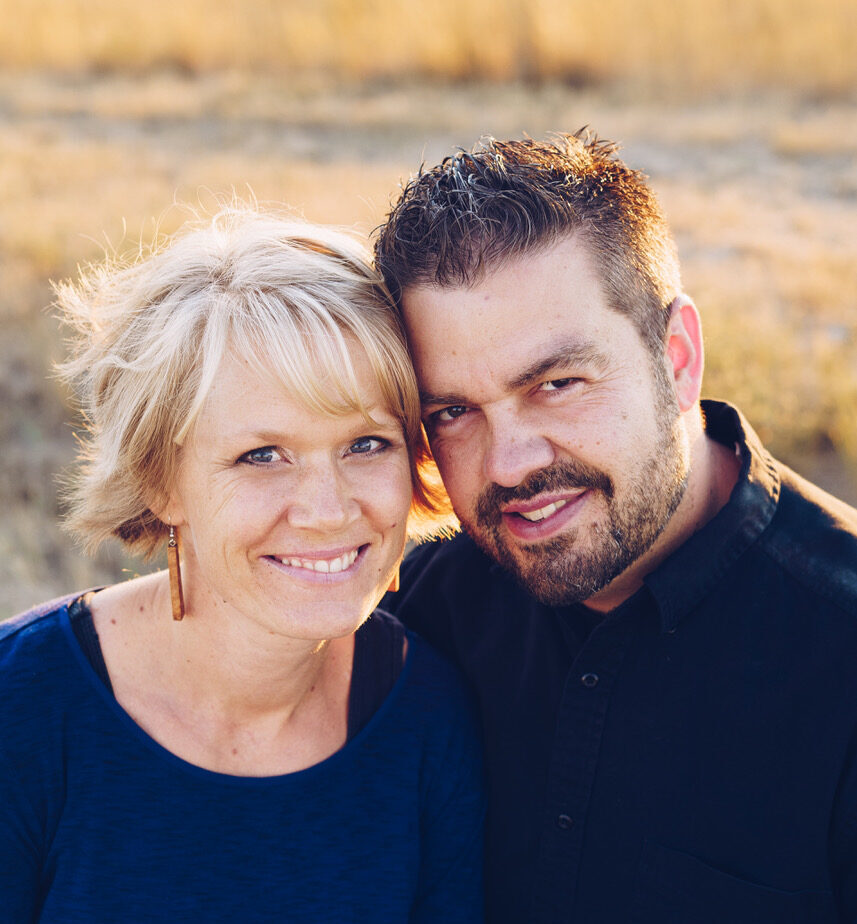
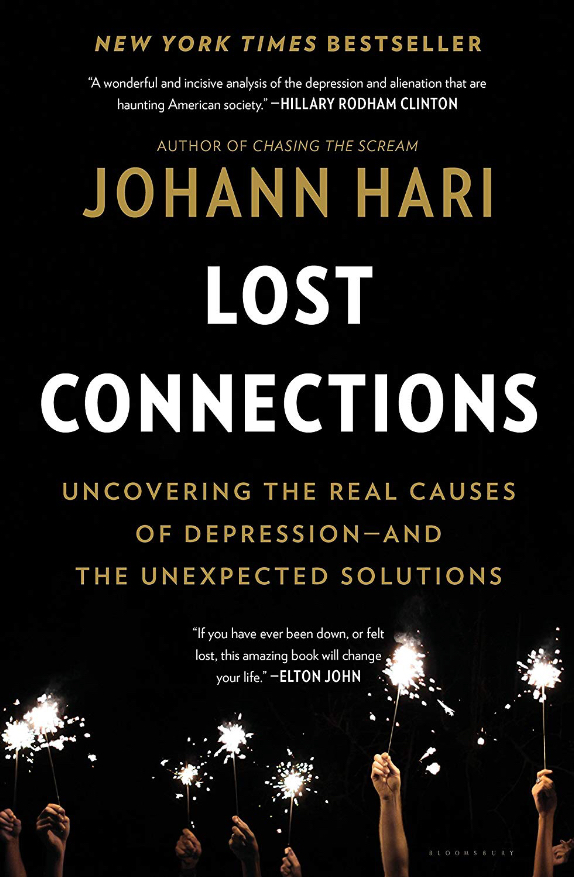 By Jesse Jost
By Jesse Jost By Jesse Jost
By Jesse Jost (A Note From Jesse Jost)
(A Note From Jesse Jost)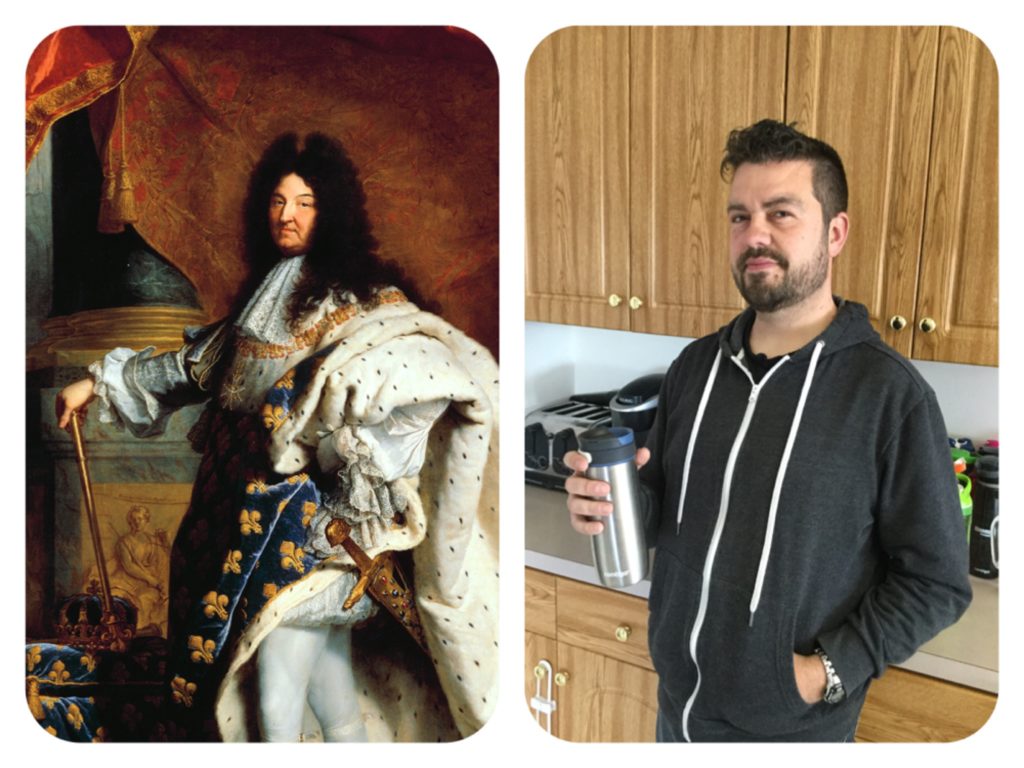 By Jesse Jost
By Jesse Jost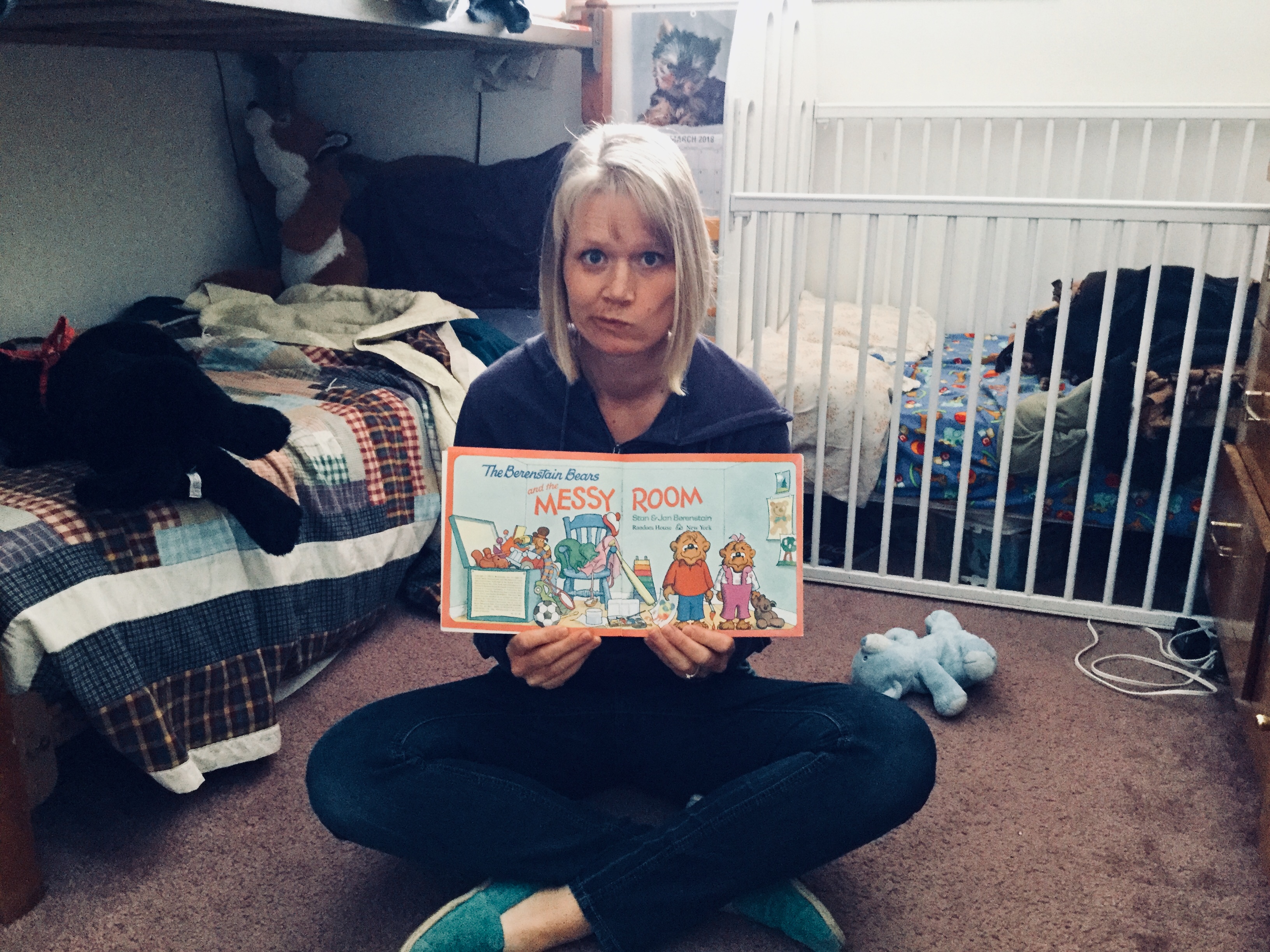 By Heidi Jost
By Heidi Jost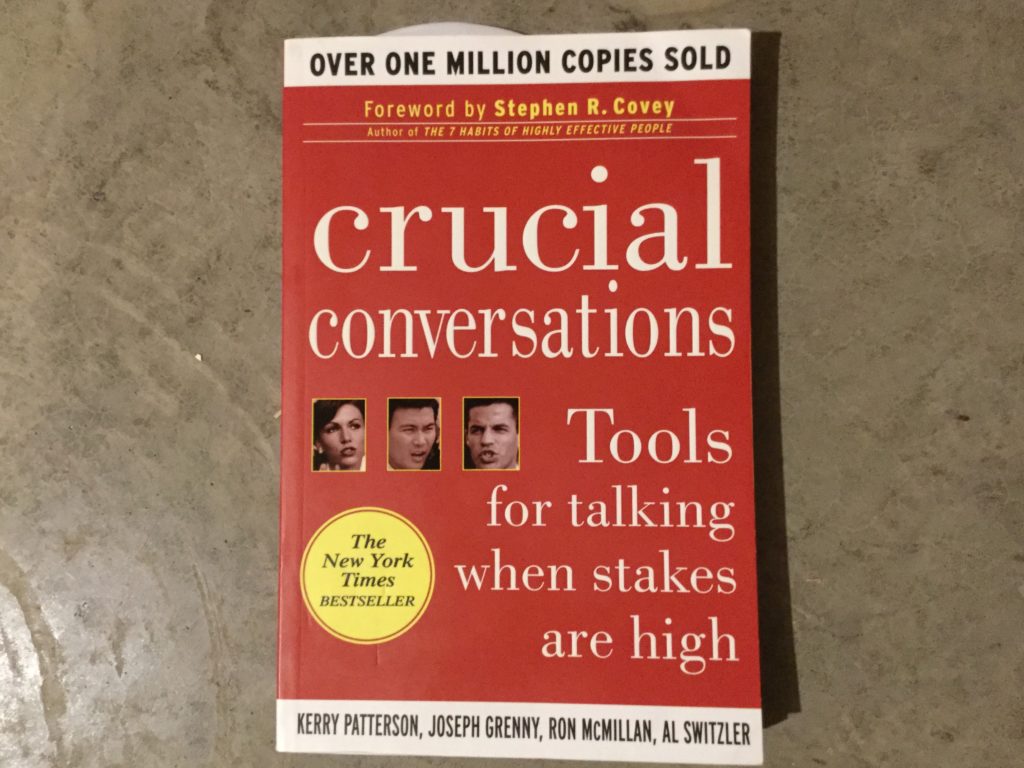 By Jesse Jost
By Jesse Jost By Jesse Jost
By Jesse Jost By Jesse Jost
By Jesse Jost By Jesse Jost
By Jesse Jost
Wow, that was just marvelous and so well though out. Thank you, Heidi, for sharing this with us. This discussion is one I have had with so many families and it usually comes down on the side of, “stuff is bad; we have too much; peace comes with having nothing, so we’re getting rid of stuff, even stuff certain children care deeply for, maybe then the attitudes or our children will change.”
I have pleaded with parents to see past the “stuff” and focus on the attitudes about the stuff. The children may be fighting over toys, so is the solution to get rid of the toy? Perhaps temporarily, to help them think about it for awhile. But what you really need to deal with is the heart attitude. If they have no toys to fight over, that would be good, right? Well, except that then God would have no opportunity to teach them how to deal with their possessions wisely, learning to enjoy the good gifts and use them for good.
We tend to focus on anything but the person as the source of the problem, when the real problem is right there in those little hearts and the stuff is the perfect object lesson for dealing with that. Then there is the attitude of the parents. Mom feels “crowded” because the living room is filled with stuff, the Lego space ship which keeps losing pieces to step on, books scattered about, play dress-up clothes, homemade swords, etc. Then things finally go over the top when the children all work together to build a fort out of dining room chairs and blankets, which is well outfitted with all the things they can think of to go inside. Dad comes home and can’t even get to his favorite easy chair to read or watch TV and so he gets grumpy. So the parents grumble at the kids to clean up the mess. Now who has the attitude problem?
I have seen this scenario play out so many times and it hurts me to see the bad attitudes on both sides, simply because the adults have forgotten the joys of being a child, the spontaneous, creative play that is helping to prepare them for when “playing house” will no longer be play, but the real thing. It hurts my heart to see parents who covet minimalism so much that they let it get in the way of a happy home.
My home was never what you would call tidy. In fact, to this day my childhood home is so filled with enough “stuff” to drive a Shaker into an OCD fit. It looks nothing like the modern homes with tidy white walls with nothing on them but a few choice framed family photos, tastefully decorated with a few items on shelves or end tables so as to not look too sparse. Our home has rows and rows of bookshelves in every room, none too tidy because books are always circulating. It has an eclectic variety of items on the walls from photos to paintings, wood burned scripture plaques made in VBS 40+ years ago, such that barely a square foot of wall space can be seen. We have a wasp’s nest hanging from a corner (ref. Wives and Daughters). We have containers of interesting and pretty rocks collected over 50 years, enough antique glassware covering every horizontal surface to resemble a second-hand shop.
Although the quantity of “stuff” has increased over the years, this is largely the way it was when we were children and we came to love and cherish our home of stuff because everything in it, though perhaps having no intrinsic practical purpose, had some connection to people, relationships, memorable events (I can remember finding the at pretty quartz crystal or fool’s gold on vacation in British Columbia or rescuing the wasp’s nest from the woods). The books were filled with things to learn or just to enjoy. The antique glassware adorned the room like jewelry and made us feel “rich” compared to our friends whose homes contained only things that served some practical purpose. I am grateful for a very wise mother who, although she too felt “crowded” in our small rooms, recognized that developing relationships, not only with her children but with friends and neighbors who felt free to drop in any time because that’s what our home was about, and through those relationships teaching Christlike character and attitudes.
As you can tell, this is something very near and dear to my heart. So I very much appreciate your willingness to be honest and recognize this trend toward heartless minimalism that is hurting relationships and covering up for the real problems that we all have when we cling to strongly to our “things.” Sorry to take over your blog with a blog of my own, but this is a topic that I feel very strongly about and couldn’t stop writing about my thoughts once I got going. Hopefully it will provide further food for thought.